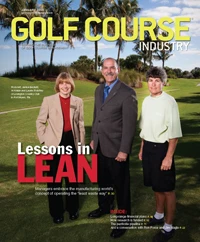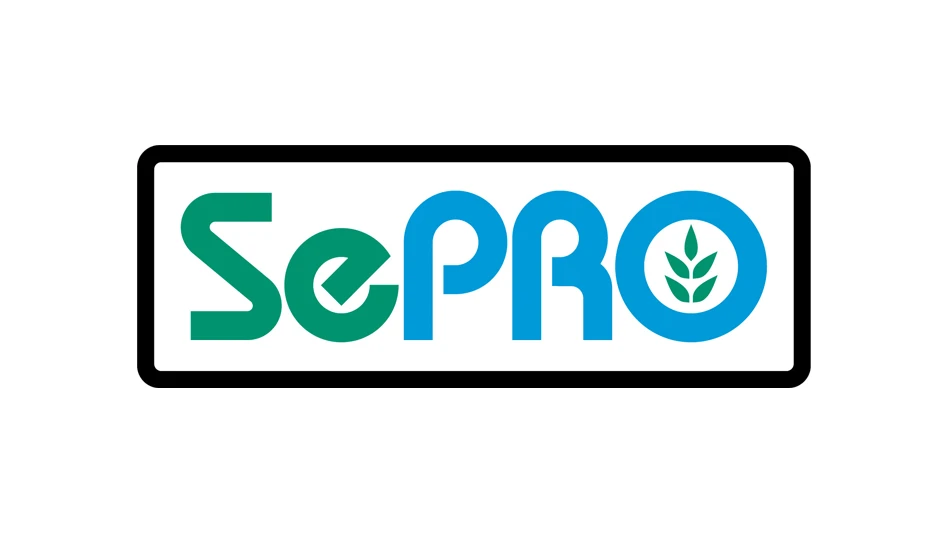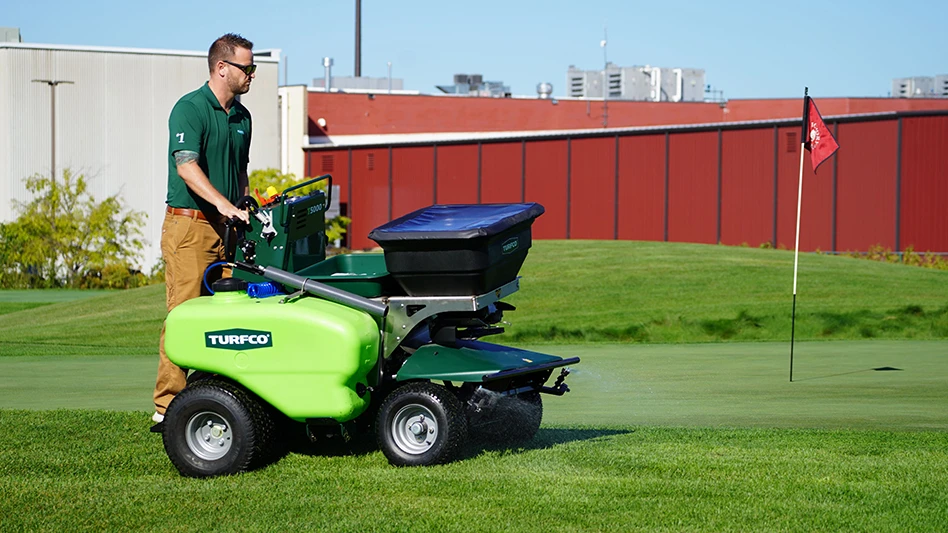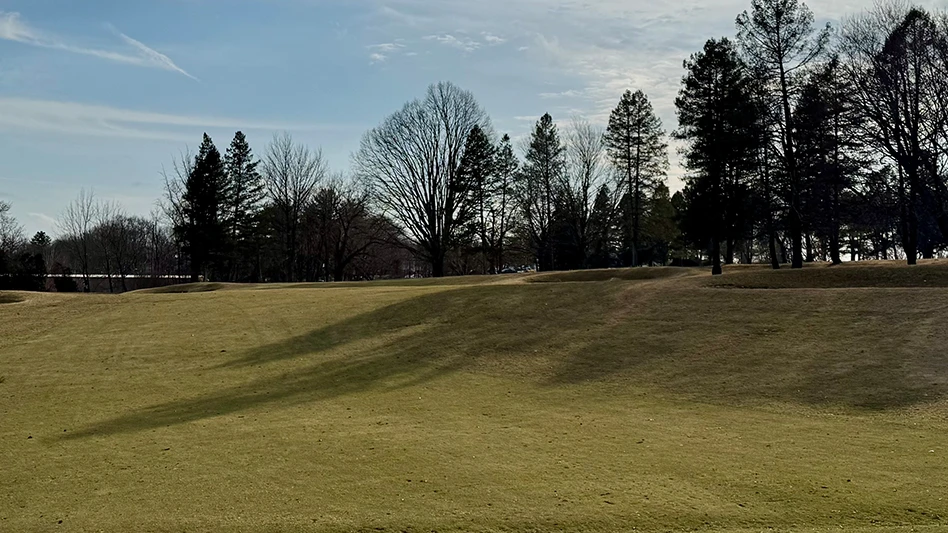One of my favorite questions this time of year is, “What do golf course guys do in the winter?” I guarantee those of you employed at courses that close during the winter have been asked this before. After a poor attempt at being funny, I tell people what really happens. And after my answer about taking/teaching golf-related classes, overhauling equipment, writing articles, getting more involved with my association, etc., I generally get a surprised look from someone who seems impressed, and he responds, “Really?”
A wise man once said the off season is for improving and formulating your plans for the coming year. Meanwhile, the growing season is for implementing plans and programs you created during the off season. Others have said the off season is when we should look to improve ourselves professionally and personally, finding a balance between the two.
In November, I pondered how I could improve myself and the facility heading into 2009. I always need to improve and learn more about golf course maintenance, but on what should I concentrate? Worthwhile areas all professionals can delve into include:
- Taking or teaching classes;
- Working with a technician to maintain an equipment fleet;
- Discussing your future with the facility and beyond with your superintendent in your annual review; and
- Participating in the national and chapter associations.
Shop school
There are times when I think I know more about maintaining an equipment fleet than I do. Admittedly, I don’t know much about diagnosing significant problems. My skills consist of these basic maintenance tasks:
- Fluid, spark plug and rim/tire changes;
- Grinding reels/bedknives; and
- Bearing/seal changes on cutting units.
These basic tasks are necessary to help technicians if maintaining a large fleet with no other support. But by no means do my skills take the place of our technician. Consequently, I spend much of the winter with the technician, learning how to improve my skills in diagnosing these types of problems.
While talking to a group of technicians at a conference last year, we discussed how some new assistants who graduated recently lack basic skills. Among turf techs, the biggest concern was the lack of mechanical knowledge. Some turf programs offer technical courses, but practical experience is superior. We need to roll up our sleeves, get our hands dirty and learn from technicians.
GIS
This year will be my third opportunity to attend the Golf Industry Show. I’m fortunate I’m afforded the chance, particularly considering economic hardships. Having been an assistant for eight years, there have been years in which I haven’t been able to attend, so I understand and appreciate the opportunity. Take every chance you get to attend conferences and continuing education. It doesn’t matter if it’s locally or nationally, the experience is worthwhile. If you don’t know what’s available, ask your superintendent or others in your area what you can do and how much the club will be able to support your professional development.
I heard a disturbing story last year from a local superintendent who asked his assistant if he wanted to attend the GIS, and his response was, “Let me check to see if my friends are going.” Assistants shouldn’t hesitate to take every chance they get to help themselves and their employer. The potential connections and meetings can be extremely valuable to your future.
Association involvement
Networking and relationships will always be the best asset of belonging to a professional organization. This off-season, talk to your superintendent or call your chapter office to find out about becoming involved. Association committees always need able bodies and minds – volunteer to join. Similar to attending GIS, serving on a chapter committee helps you build relationships with other professionals. In serving my chapter, the Midwest Association of Golf Course Superintendents, I’ve met superintendents who’ve become mentors to me just as much as the people for whom I’ve worked. Opportunities for involvement are endless.
If you asked a group of moderately involved superintendents, they’d probably say that just by participating, they’ve benefited. Either through continuing education offerings, golf events, community service projects, article writing, public speaking/moderating and networking, association involvement gives you the tools for success in a competitive market.
For example, there was a position open at high-profile club being built in the Chicago area last year. Out of more than 200 applicants, the three finalists were highly engaged assistant superintendents who served on the MAGCS’s assistant superintendent committee. That means the assistant committee is doing its job: preparing assistants to become superintendents.
What will this New Year bring for you? Hopefully, it will include a renewed understanding that opportunities to grow are all around you. Use your downtime to relax and become a better professional. Sometimes growth and change are difficult, but if you think about it and try, you might surprise yourself.
John Ekstrom is an assistant golf course superintendent at Hinsdale Golf Club in Clarendon Hills, Ill. He can be reached at snapp79@aol.com or 815-922-0587.

Explore the January 2009 Issue
Check out more from this issue and find your next story to read.
Latest from Golf Course Industry
- Atlanta Athletic Club approves funding for master plan
- Maximizing Cultural Practices and Agronomic Benefits with Minimal Surface Disruption
- Real Answers about Spray Nozzle Choices
- From the Course to the Factory: How Customer Insights Drive Innovation
- New & Proven Enzyme Strategies for Sprayable Thatch Management
- Innovating Tomorrow: Wittek’s New Products & Industry Staples
- PBI-Gordon introduces new field development team
- The Cabot Collection announces move into course management






